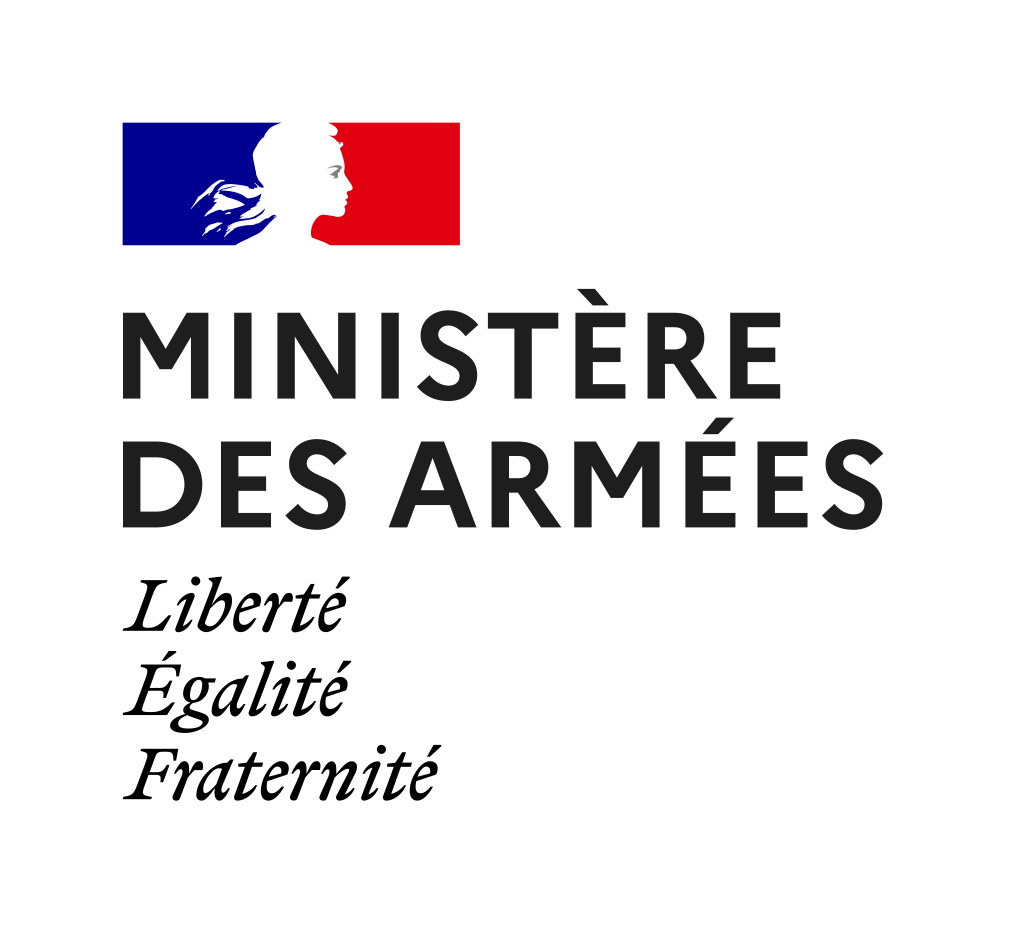Recent research at the intersection between postcolonial and Holocaust studies has drawn attention to the composite, hybrid nature of cultural memory and the connections forged...
Recent research at the intersection between postcolonial and Holocaust studies has drawn attention to the composite, hybrid nature of cultural memory and the connections forged in post-war French film and literature between violent phenomena that have frequently been approached as discrete, such as colonialism and fascism. Such studies have dwelt in particular on the relationship between French colonial repression in Algeria and Nazi anti-Semitism and genocide. This article considers instead the less often discussed links between the Franco-Algerian conflict and the ongoing Israeli-Palestinian crisis through lenses provided by contemporary French cinema. In Barbet Schroeder's documentary L'Avocat de la terreur and Philippe Faucon's film Dans la vie, both released in 2007, these two ostensibly separate histories of violence overlap with each other in ways that may not always have been consciously intended in the course of production. I argue that, in their juxtaposition of these histories, Faucon and Schroeder offer contrasting perspectives on the validity of purportedly universal humanist conceptions of justice and the capacity of empathy to transcend racial differences. In spite of these distinctions, however, both films point to the difficulty of reconciling the competing ethical obligations placed on us by memories of diverse twentieth-century manifestations of terror.
AlgérieMémoire


